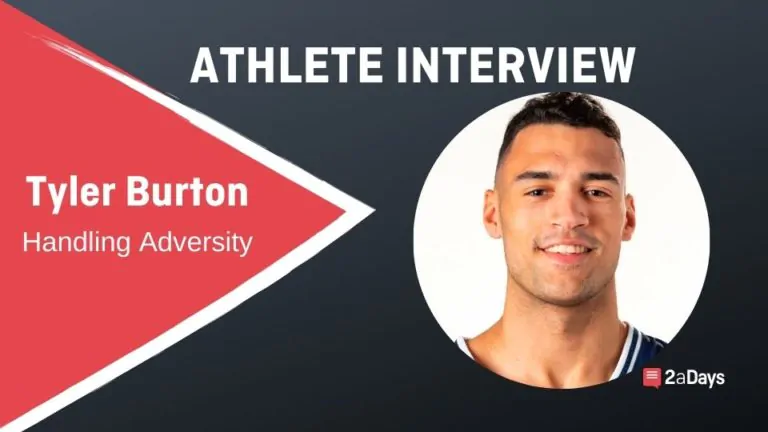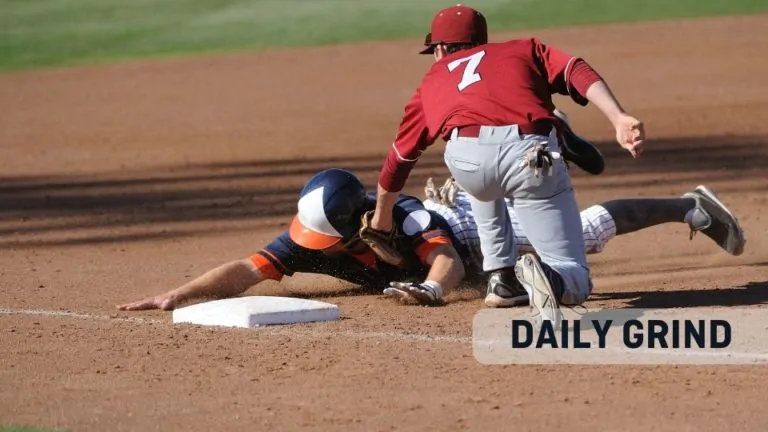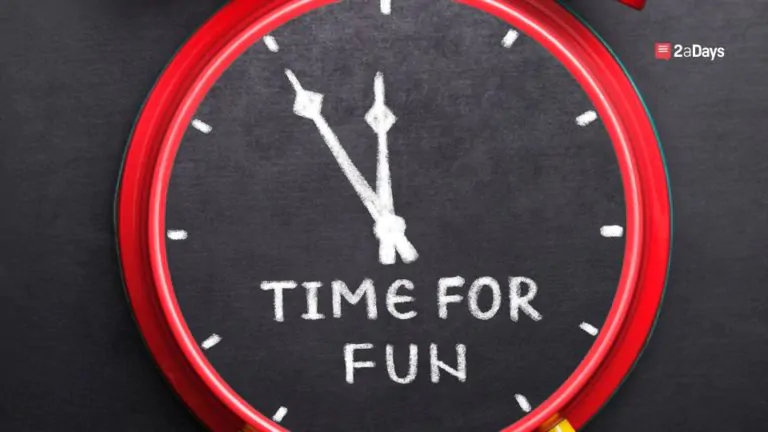Injuries are an unfortunate and all too common part of being an athlete, but they're still no fun. In the case of college athletes, who often rely on their sport for a scholarship, an injury can cause an athlete's mental health to suffer dramatically. Although we usually talk about the physical ramifications of injuries in athletes, the mental side is covered much less. With that in mind, keep an eye out for these three mental health effects of injuries in case you or a teammate ever suffer one.
Emotional Side Effects
Studies have documented a wide range of side effects of the increased stress from an injury. The emotional responses to injury include sadness, isolation, lack of motivation, and even changes in appetite. While all cases are not the same, many of these effects as a student-athlete can go unseen as they adjust to a new environment away from their most robust support circle.
Related: 5 Ways to Improve Your Mental Health When Your Coach's Training Plan is Too Much
Identity Threats
Often as a college athlete, you have been playing this sport for more years than not, and it has become a part of who you are. As you get older, you get closer to this chapter of your life-ending. Athletes, in many cases, are unprepared for life without their respective sport, and having it end even more abruptly due to injury can be heart-breaking.
Pressure to Push Through
Many times, injuries at the early stages can be ignored, but when the level of competition rises, so do the number and severity of injuries. Athletes can become accustomed to pushing through or thinking they are strong enough to push through the pain they are feeling, and this includes mental pain as injuries worsen. That is why being aware of the signs as a coach and teammate can be crucial to helping the student-athlete pull out from their feelings.
Related: Rate your Coaches, Facilities, and Campus Visits
What to Do?
It is essential to let the athletes know that they can talk to someone to get help, and simply reaching out to others can be one of the best tools to help athletes recover. Sometimes, the athlete needs to hear that going and talking to a psychological professional isn't a sign of weakness or loss. Instead, it is a form of mental training and conditioning necessary to keep your brain up to speed with your body. Dealing with the mental struggle of an injury can be the hardest part.
Have an idea for a story or a question you need answered? Want to set up an interview with us? Email us at [email protected]
* Originally published on October 13, 2022, by Noah Fisher







